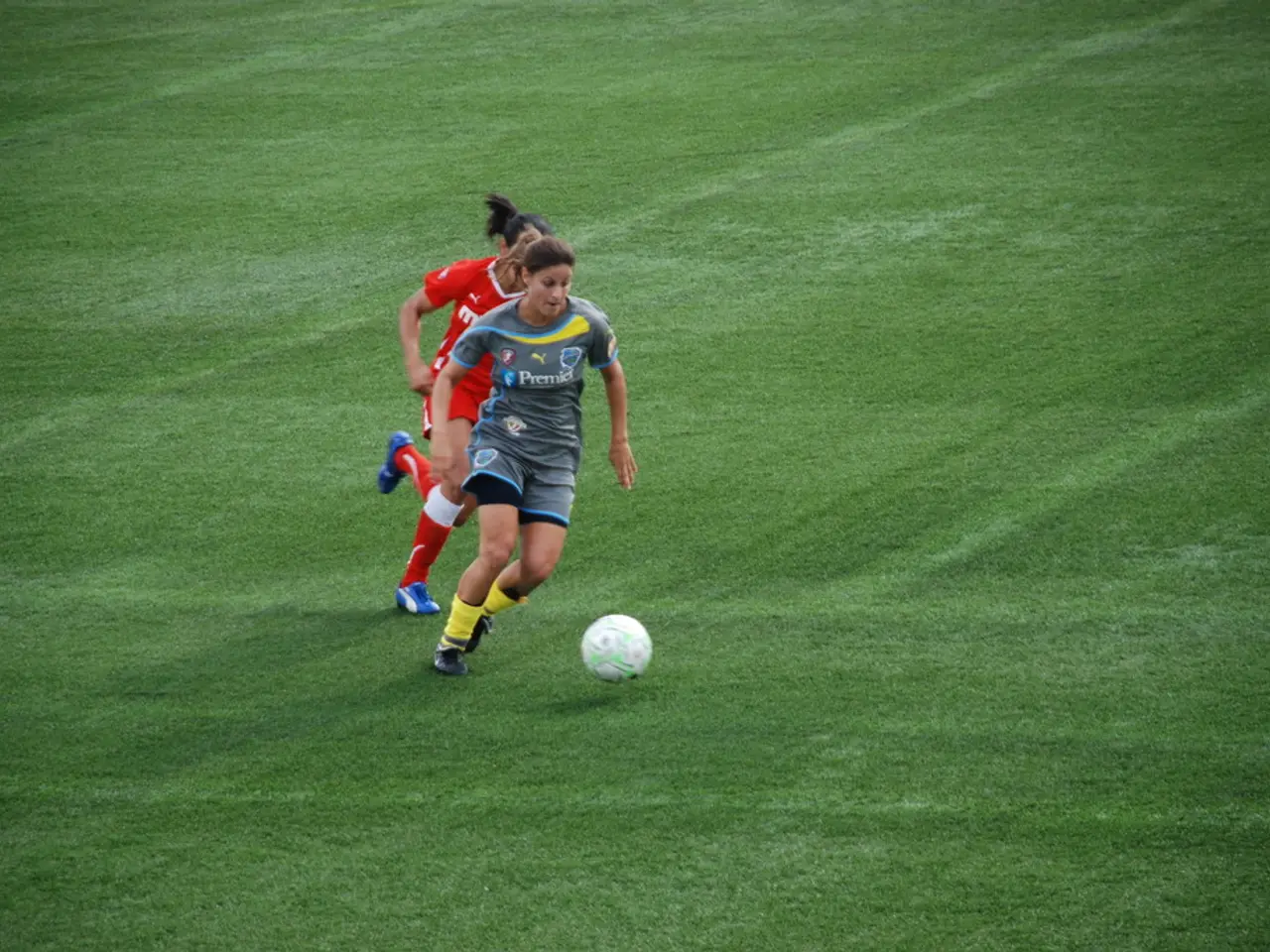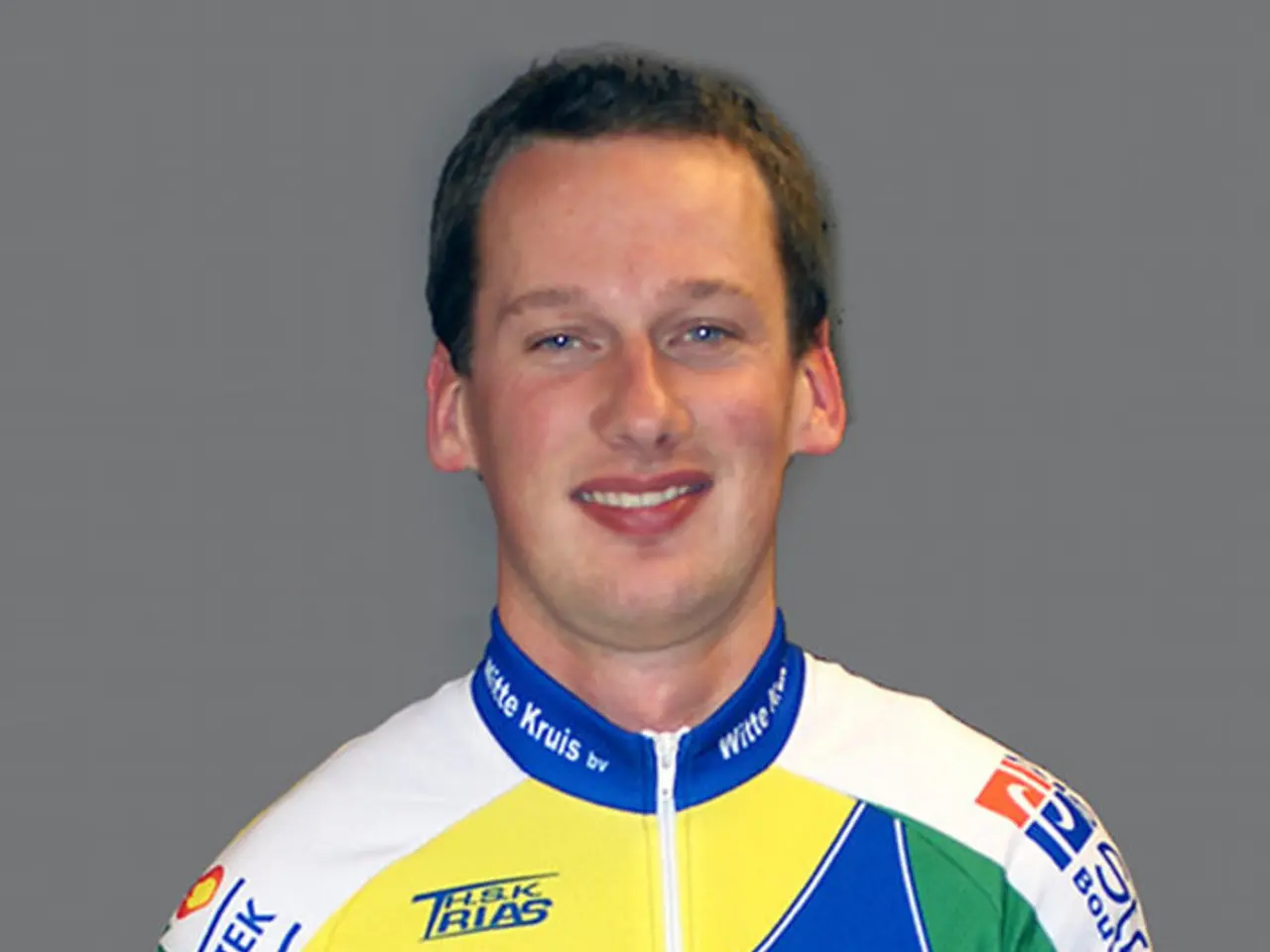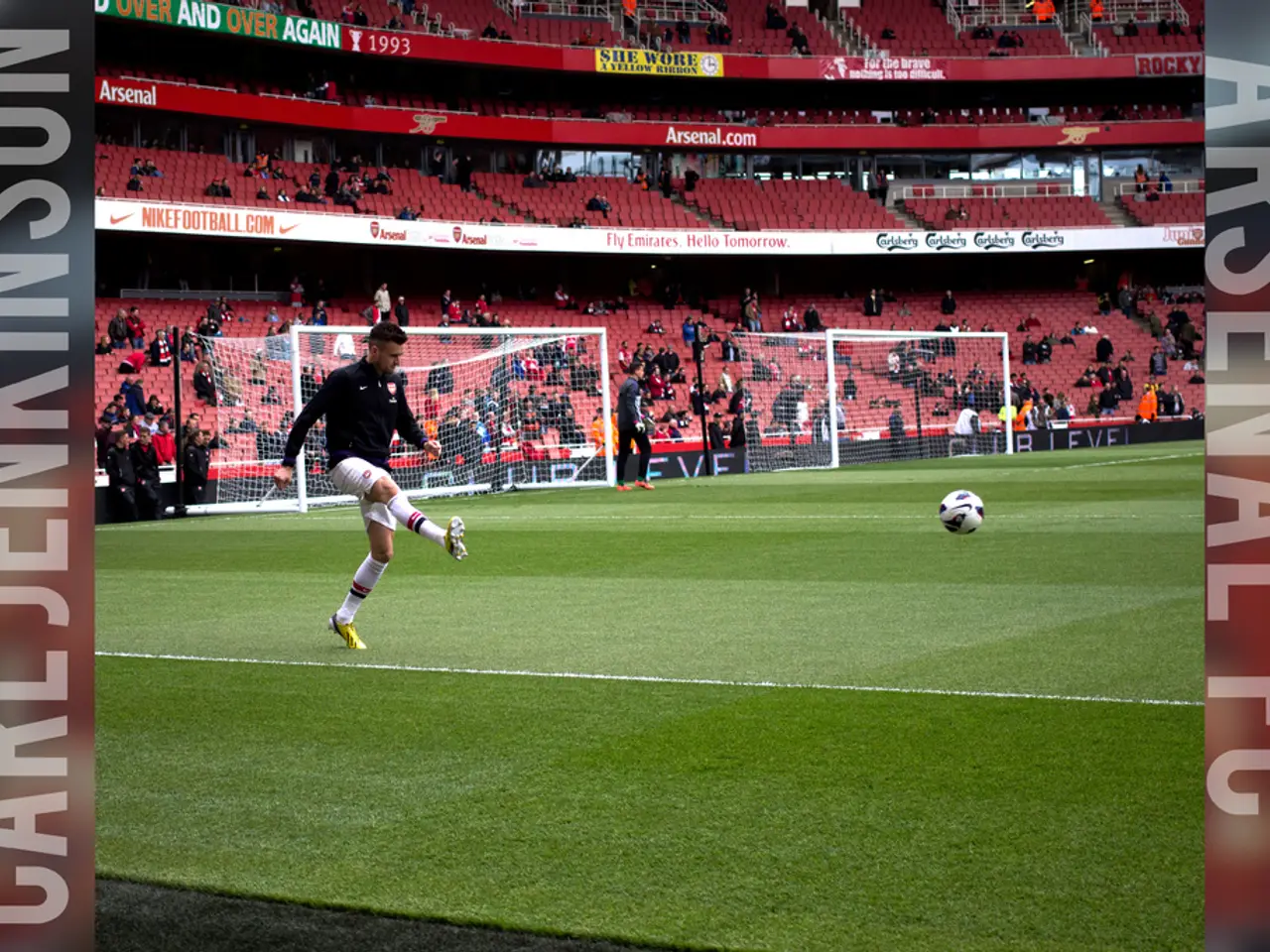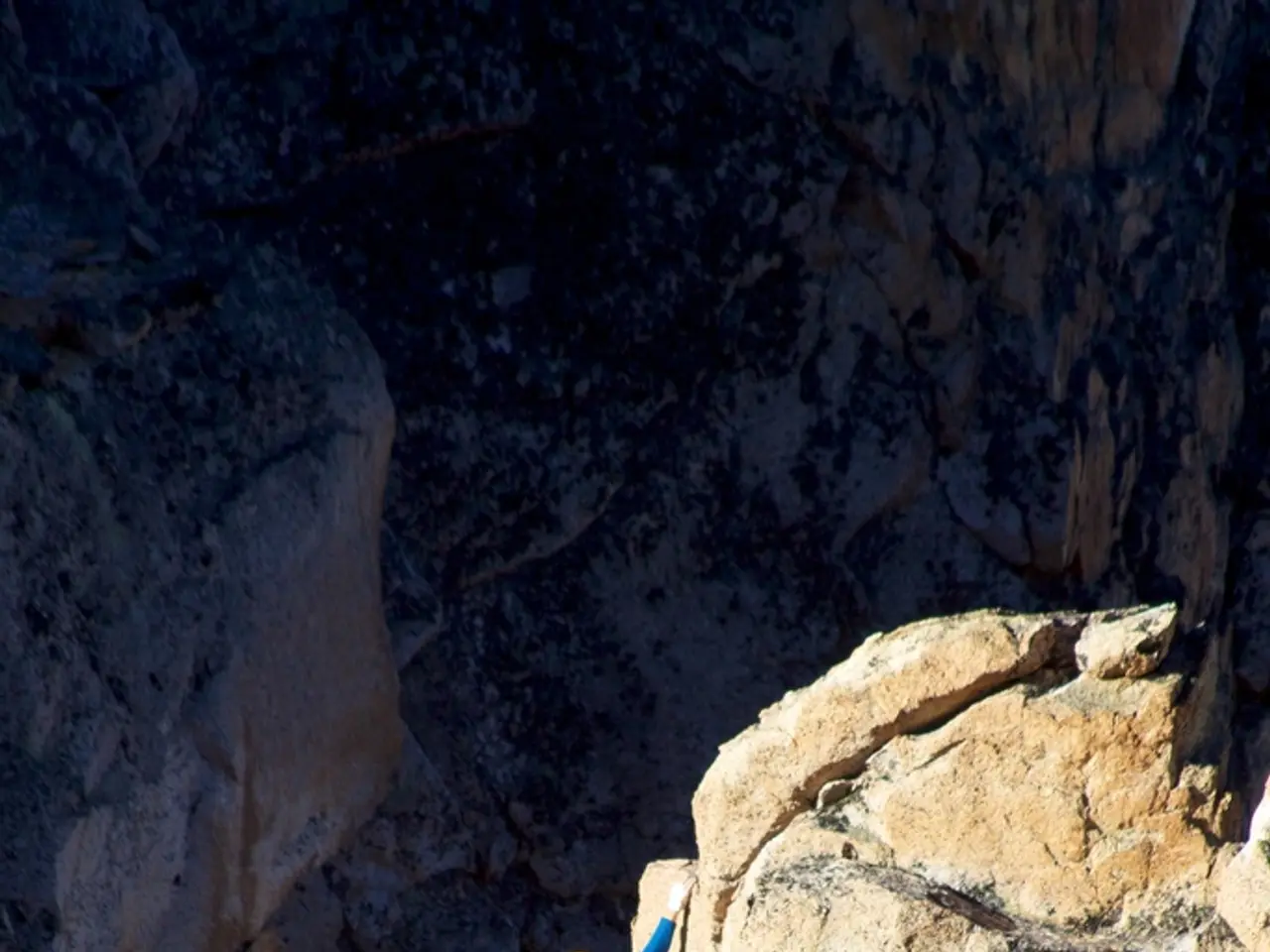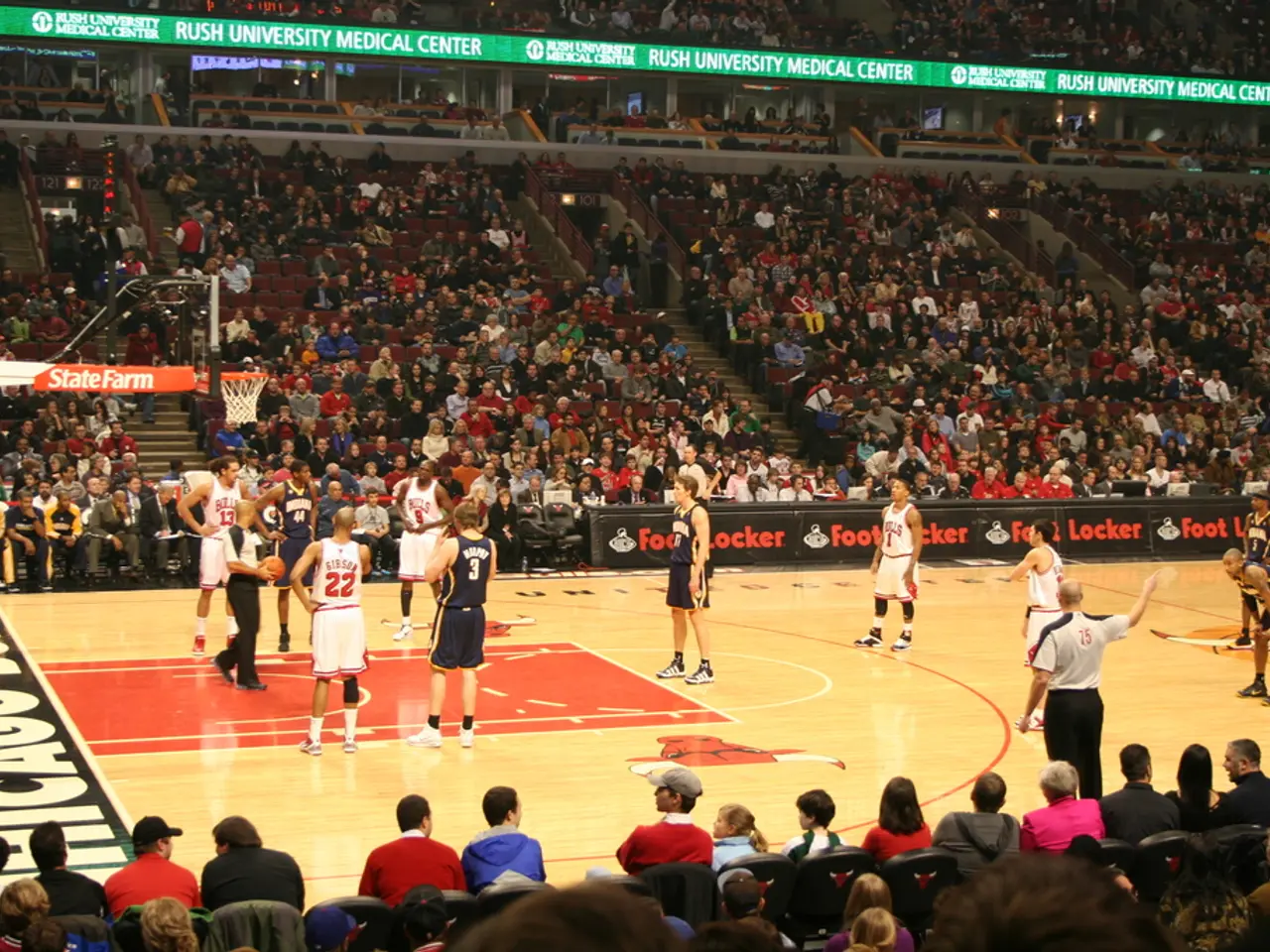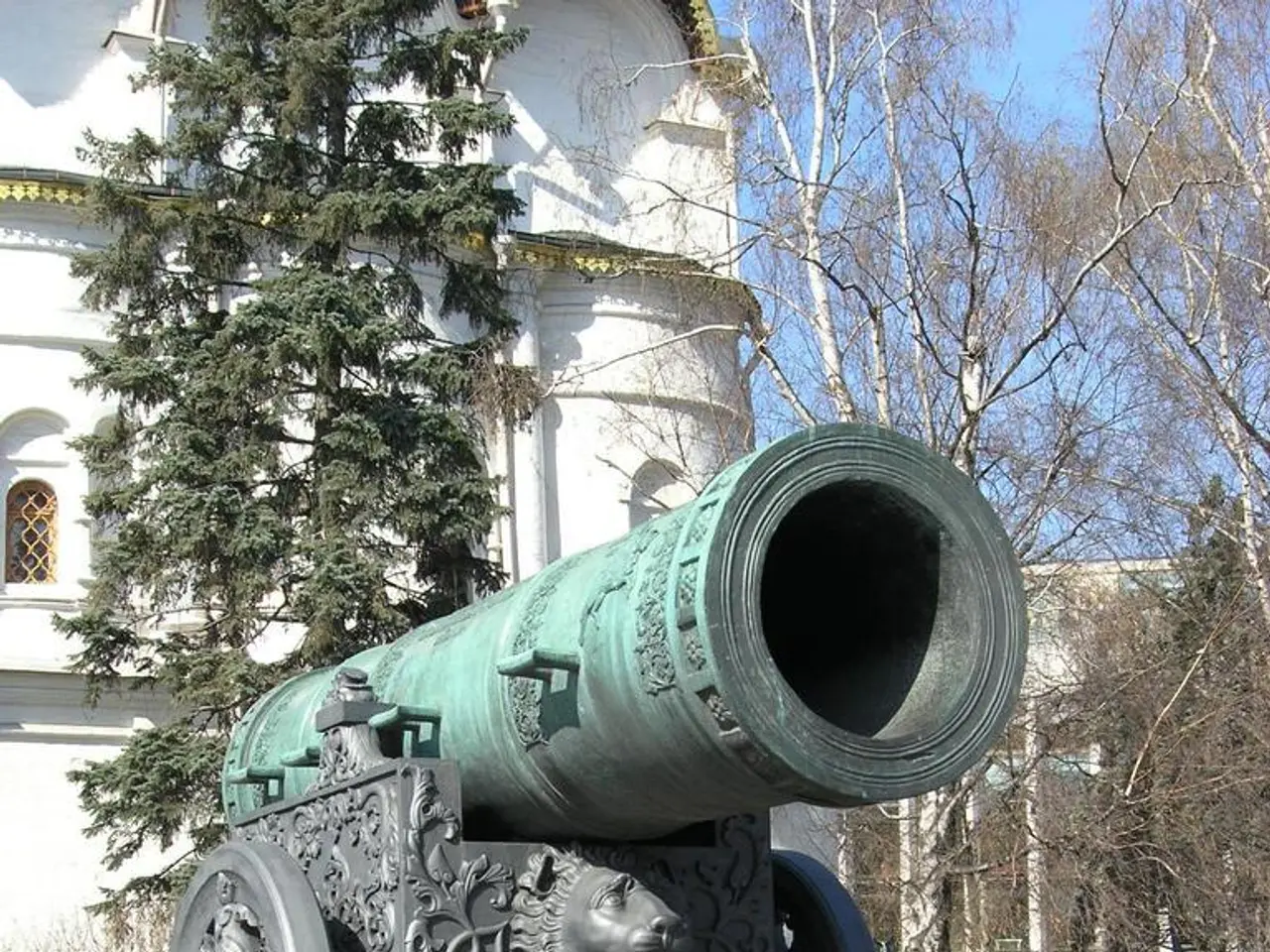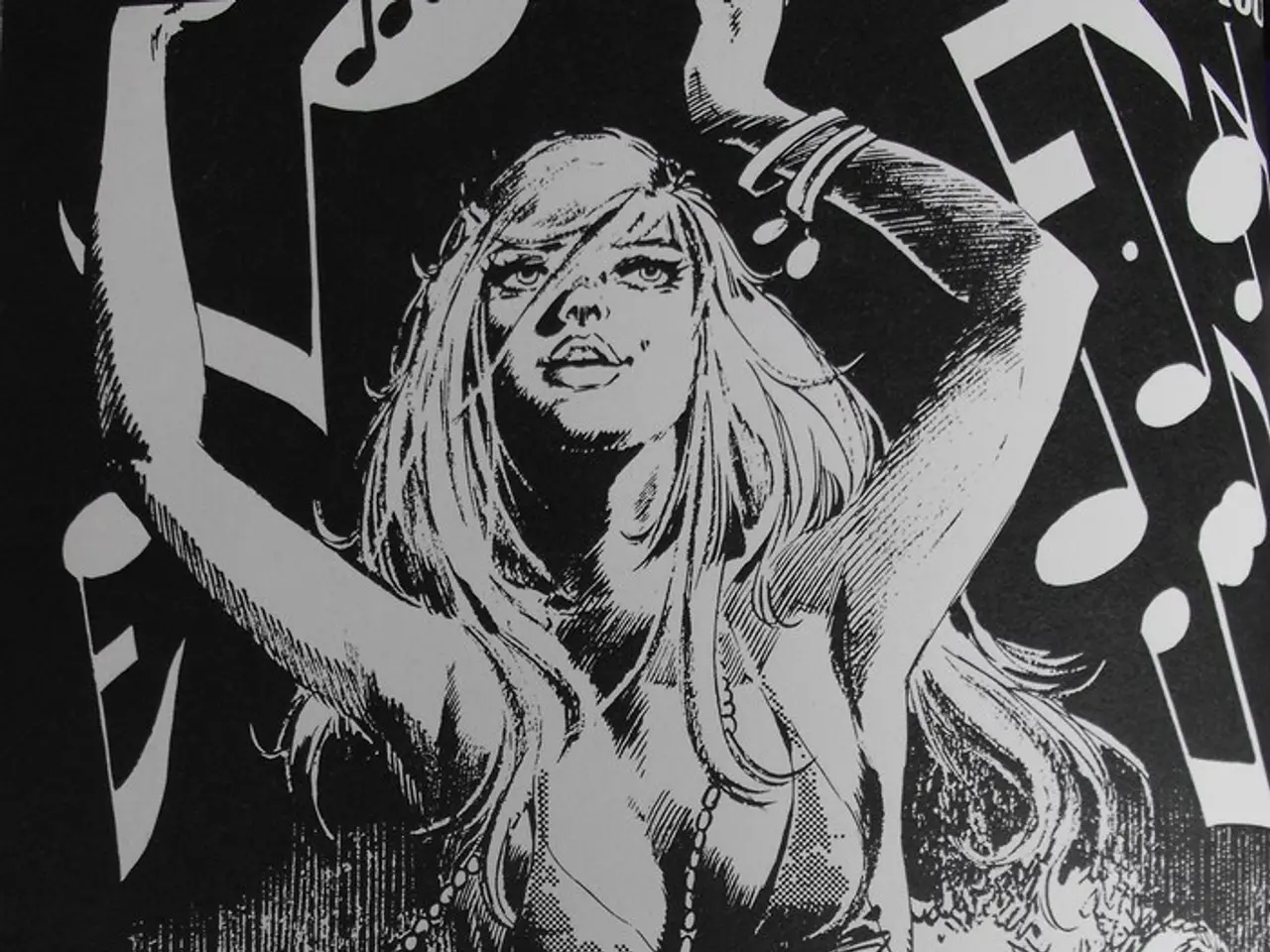Women's Football Triumph in Nigeria but Remuneration Continues to be a Contentious Issue
Nigerian Women Athletes Face Pay Disparities and Risk of Repression
The Super Falcons, Nigeria's successful women's national football team, have recently triumphed in the Women's Africa Cup of Nations (WAFCON), securing their 10th title and receiving monetary rewards. However, concerns about pay gaps between men's and women's teams persist, with fans and politicians advocating for equal pay[1][3].
The pay disparities are not limited to the Super Falcons. Women athletes across various sports in Nigeria, including basketball players, are underpaid compared to their male counterparts[4]. The average earnings for many female athletes are around $10,900 annually, significantly less than their male peers.
This pay disparity is a reflection of systemic undervaluation of women's sports. Furthermore, women are underrepresented in leadership roles within Nigerian sports, which can contribute to institutional neglect of women's issues and exacerbate pay and treatment inequalities[4].
When athletes speak out about these inequities, they risk negative consequences, including professional retaliation or social backlash. This risk contributes to the difficulty female athletes face in speaking out, reinforcing the systemic inequities[1][4].
The Super Falcons captain Desire Oparanozie experienced this firsthand when she was stripped of her captaincy and not called up for the 2022 tournament after leading protests over unpaid wages at the 2019 Women's World Cup[5]. The Nigerian Football Federation (NFF) denied dropping Oparanozie over the protests[2].
Despite these challenges, women's sport is finding a foothold among younger fans. For instance, 16-year-old football academy player Justina Oche in Abuja cites the Super Falcons as her inspiration to pursue a career in the sport, with six-time African Footballer of the Year Asisat Oshoala as her role model[6].
The Super Falcons receive a training camp allowance, but the bulk of their pay comes from per-match bonuses, which vary depending on the team's results[3]. The NFF and the Super Falcons did not respond to an AFP request for comment on the allegations that players are afraid to speak out[5].
Nigerian point guard Promise Amukamara expressed hopes for women's sports to expand, suggesting that one day, Nigeria should host the AfroBasket[7]. Aisha Falode, an NFF official, called on the government to invest in women's sports facilities, leagues, and players[8].
References:
[1] BBC News. (2021, July 16). Nigeria women's footballers demand equal pay and treatment. Retrieved from https://www.bbc.com/sport/football/57913419
[2] Guardian Nigeria. (2021, November 24). NFF denies dropping Oparanozie over protests. Retrieved from https://guardian.ng/sport/nff-denies-dropping-oparanozie-over-protests/
[3] The Cable. (2022, July 23). Super Falcons win 10th Women's Africa Cup of Nations title. Retrieved from https://www.premiumtimesng.com/sports/football/466062-super-falcons-win-10th-womens-africa-cup-of-nations-title.html
[4] UN Women. (2020). Turning the tide: gender equality and women's empowerment in Nigerian sports. Retrieved from https://www.unwomen.org/en/news/stories/2020/12/turning-the-tide-gender-equality-and-womens-empowerment-in-nigerian-sports
[5] SaharaReporters. (2021, September 10). Super Falcons captain Desire Oparanozie stripped of captaincy, not called up for 2022 tournament. Retrieved from https://saharareporters.com/2021/09/10/super-falcons-captain-desire-oparanozie-stripped-captaincy-not-called-2022-tournament
[6] The Cable. (2021, July 21). Justina Oche, 16, dreams of playing for the Super Falcons. Retrieved from https://www.premiumtimesng.com/sports/football/464032-justina-oche-16-dreams-of-playing-for-the-super-falcons.html
[7] The Cable. (2022, July 23). Nigeria's Promise Amukamara hopes women's basketball will expand. Retrieved from https://www.premiumtimesng.com/sports/basketball/465729-nigerias-promise-amukamara-hopes-womens-basketball-will-expand.html
[8] The Cable. (2021, July 16). Aisha Falode calls on government to invest in women's sports. Retrieved from https://www.premiumtimesng.com/sports/football/463289-aisha-falode-calls-on-government-to-invest-in-womens-sports.html
Breaking news: The Nigerian Women's Football team, the Super Falcons, are disheartened by pay disparities that persist within the sports landscape, despite their recent triumph in the Women's Africa Cup of Nations (WAFCON) and securing their 10th title. In parallel, basketball players and other female athletes in Nigeria are underpaid compared to their male counterparts.
